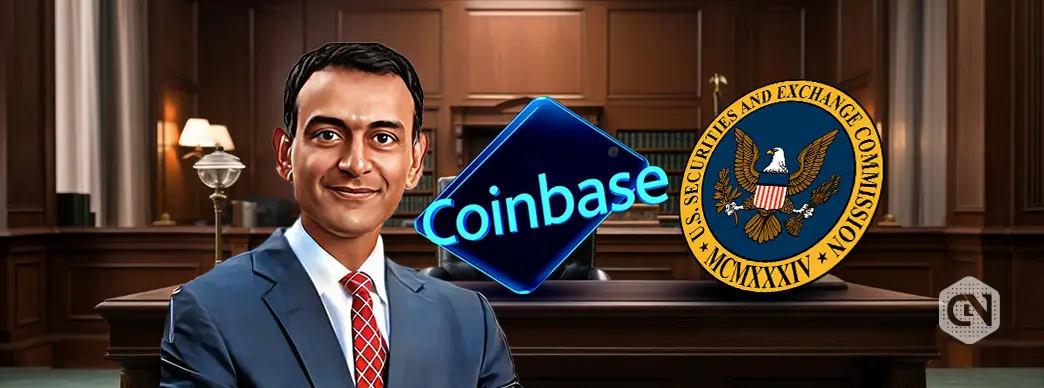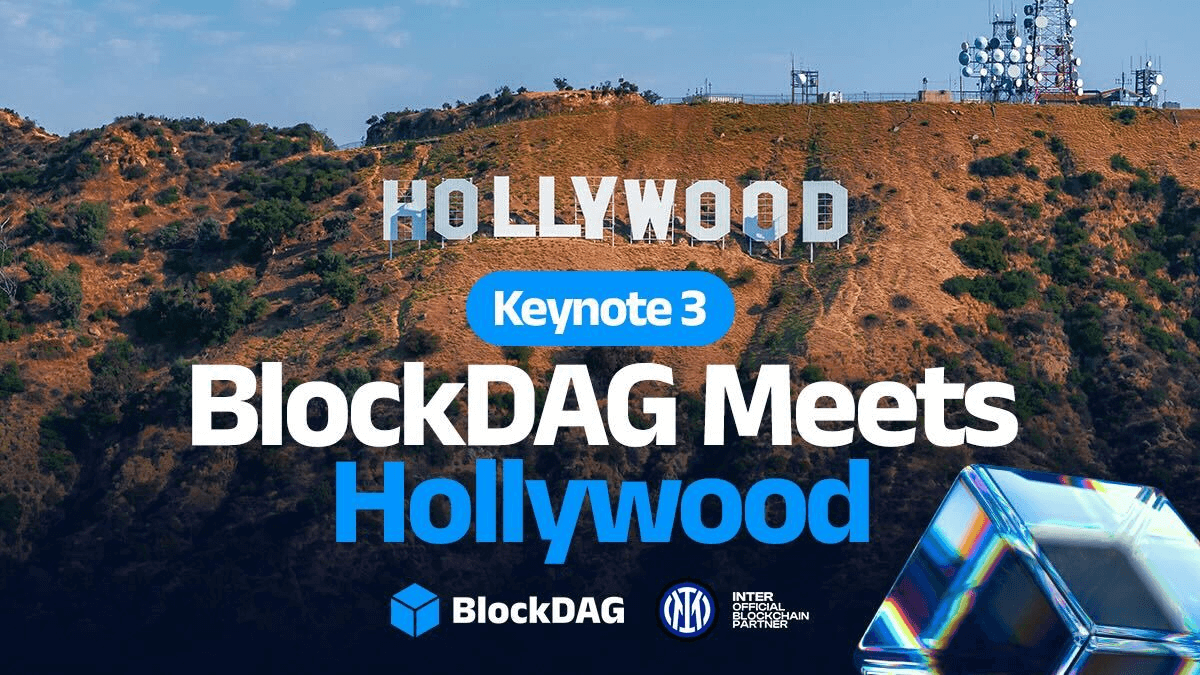Australian billionaire Andrew Forrest has won the right to sue Meta over ads it carried that falsely depict him endorsing cryptocurrencies and other financial services products.
Forrest has long railed against fake ads using his likeness, and requested Meta take them down and prevent further ads appearing. Those entreaties had little effect, and in 2019 he penned an open letter to Mark Zuckerberg in which he called for Facebook’s founder to clean up his act.
That call was not made just to protect his reputation. Australian authorities counted [PDF] AUD$126 million ($84 million) lost to investment scams in 2019 – a sum that rose to AUD$1.3 billion ($867 million) in 2023 [PDF].
The mining magnate tried to initiate a criminal action against Meta in Australia, but the nation’s Director of Public Prosecutions did not pursue it.
Forrest declared that decision placed Meta above Australia’s laws. He was, however, also trying to use US law to pursue the issue – and that matter reached an important point on Monday when the US District Court for Northern California allowed some elements of his case to proceed.
The case saw Forrest allege Meta had misappropriated his name and likeness, negligently breached its duty to the general public by allowing scam ads to run, failed to warn users, unjustly enriched itself, and relied on the US Communications Decency Act as a defence – a law that doesn’t apply in Australia.
Forrest has also argued that Facebook makes more money from ads that carry his likeness than would be possible if it excluded them.
The court dismissed the failure to warn, unjust enrichment, and Communications Decency Act arguments, but ruled that the misappropriation and breach of duty arguments were adequately pleaded.
Forrest has hailed the decision as “a crucial strategic victory in the battle to hold Facebook accountable.” But the fight is far from over, because the matter is complex, and this week’s ruling outlines many issues that can be argued anew.
One of those issues is the applicability of the Communications Decency Act – especially its Section 230 provisions that exempt online platforms from liability for material others post on their services.
If Forrest can show the law does not apply outside the US, Big Tech’s advertising operations will have quite a challenge to consider. Forrest’s net worth is around $16 billion, so he has resources to pursue the case and is determined to have Meta stop carrying scam ads.
He’s not alone in doing so down under: antipodean television personalities and politicians have also complained about scam ads, and called upon Meta and other platforms to do better.
Your correspondent has reported many such ads to Facebook and Google over several years, but still sees them weekly. In my professional capacity I have asked the web giants’ respective media offices why such ads are not detected and prevented from appearing, given Forrest denounced ads featuring his likeness five years ago.
Those inquiries are met with responses to the effect that “we try really hard but can’t catch them all” – even as the same technology titans also tout their ability to work wonders with artificial intelligence. ®
Credit: Source link















































